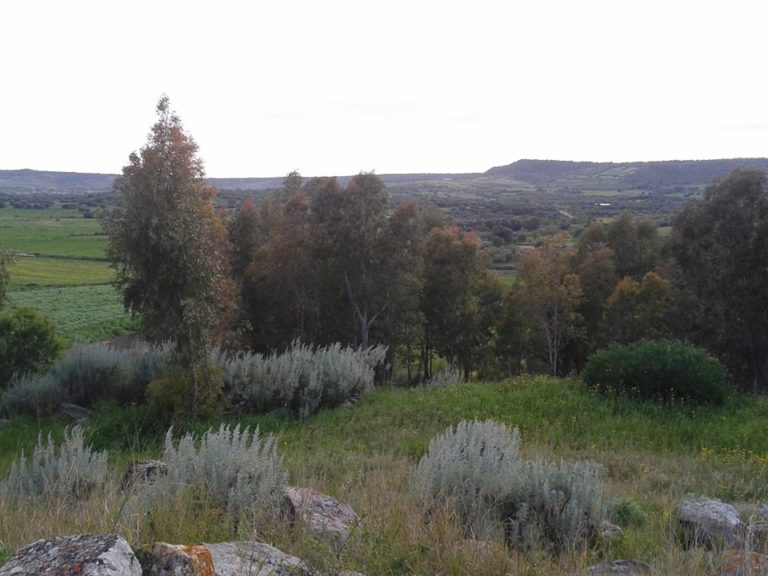In the first book by De Bello Gallico Caesar begins to describe Gaul and its populations; in this article there is the original incipit of De Bello Gallico and its translation into english.
Original text incipit De Bello Gallico:
Gallia est omnis divisa in partis tris, quarum unam incolunt Belgae aliam Aquitani tertiam qui ipsorum lingua Celtae, nostra Galli appellantur. Hi omnes lingua, institutis, legibus inter se differunt. Gallos ab Aquitanis Garumna flumen, a Belgis Matrona et Sequana dividit. Horum omnium fortissimi sunt Belgae, propterea quod a cultu atque humanitate provinciae longissime absunt, minimeque ad eos mercatores saepe commeant atque ea quae ad effeminandos animos pertinent important, proximique sunt Germanis qui trans Rhenum incolunt, quibuscum continenter bellum gerunt. Qua de causa Helvetii quoque reliquos Gallos virtute praecedunt, quod fere cotidianis proeliis cum Germanis contendunt, cum aut suis finibus eos prohibent aut ipsi in eorum finibus bellum gerunt. Eorum una pars, quam Gallos obtinere dictum est, initium capit a flumine Rhodano; continentur Garumna flumine Oceano, finibus Belgarum; attingit etiam ab Sequanis et Helvetiis flumen Rhenum; vergit ad septentriones. Belgae ab extremis Galliae finibus oriuntur; pertinent ad inferiorem partem fluminis Rheni; spectant in septentrionem et orientem solem. Aquitania a Garumna flumine ad Pyrenaeos montis et eam partem Oceani quae est ad Hispaniam pertinet; spectat inter occasum solis et septentriones.
Translation in english of the incipit of De Bello Gallico (Gallia est omnis divisa in partis tris):
Gaul is divided into three parts, of which the Belgians live in one, in the other the Aquitans and in the third those who in their language are called Celts, in our Gauls. They differ in language, institutions and laws. The Garonne River divides the Gauls from the Aquitans, the Serna and the Marne from the Belgians. Of all of them the Belgians are the strongest, precisely because they are very far from the culture and humanity of the province, and almost never come into contact with their merchants and with the things that aim to weaken the minds, and the closest ones they are the Germans who live beyond the Rhine, with whom they are continually at war. For this reason the Helvetii surpass the Gauls in virtue, because they contend with the Germans daily battles, when they defend their borders from these or that they themselves bring war to their borders. A part of them, which is said to belong to the Gauls, starts from the Rhone river; it starts from the Garonne river up to the Ocean, on the borders of the Belgians; it touches the river Reno on the side of the Sequani and the Helvetii; turns to the north. The Belgians start from the extreme borders of Gaul; they extend to the lower part of the Rhine river; they look to the north and to the east of the sun. The Aquitaine extends from the Garonne river to the Pyrenees mountains and to this part of the Ocean which is of Spain; turns between sunset and north.
